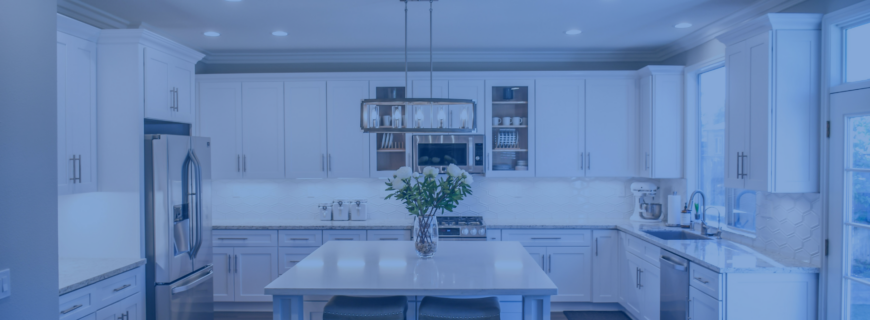The UK has one of the more developed mortgage markets, providing a wide range of options, whether acquiring your first home or looking to refinance an existing mortgage. When it comes to the duration of your mortgage, it often comes down to one factor, the level of certainty you require and the amount of risk you’re willing to take. After a period of economic uncertainty, there is growing interest in securing fixed rates for an extended period.
Traditional fixed-rate mortgages
Historically, two-year, three-year and five-year fixed-rate mortgages have been the most popular and readily available in the UK. Currently, the two-year rate is just under 6%, and the five-year rate is just over 5% for a 90% loan to value. The higher the deposit you can pay, the lower the rate, so it is essential to speak with your financial adviser to find the best deals available.
Interestingly, we have seen a growing appetite for extended fixed-rate terms over the last few years. In theory, ten-year, 15-year, 30-year and even 40-year fixed-rate deals are available, but fewer mortgage providers offer these terms. Consequently, this area is not as liquid and therefore, rates may not be as competitive as the more popular end of the market.
Three questions to ask when considering a fixed-rate mortgage
To ensure that you choose the best option for your situation, there are three questions to consider:-
What are the future expectations for mortgage rates?
At this moment in time, there is a consensus that UK interest rates may have peaked at 5.25%, although any reductions are unlikely until the middle of 2024 at the earliest. The Bank of England has suggested we should ready ourselves for “higher rates, for longer”, which has impacted mortgage rates. This is why the five-year fixed rate mortgage is significantly lower than the two-year rate, hence attracting greater interest from homeowners.
What is your attitude to risk?
If interest rates were expected to fall in the short term, there might be an argument for looking at a variable-rate mortgage and switching to a fixed-rate deal further down the line. The risk is that the economic outlook changes, and interest rates move higher in the short term, adding to the cost of a variable-rate mortgage. Could your finances cope with an unexpected increase in your mortgage payments? Could you sleep at night? It is as simple as that for many people.
Do you expect to move house in the short term?
One factor that many people often ignore is their plans for the short and medium term, i.e. might you be looking to move home? If this is your “forever home”, this removes one potential obstacle for considering a fixed-rate mortgage. While mortgage lenders will have different processes and costs for porting your mortgage to another property, you may also need to consider remortgaging if the next property is more expensive.
Summary
There is a growing appetite for longer fixed-rate terms, which provide a degree of certainty but can be more expensive depending on interest rate movements. It is essential to look at your current finances and plans for the future and take the advice of your financial adviser. Whichever option you decide on, there will always be a degree of risk, but the key is finding the situation in which you are most comfortable.
Mortgage rates are changing regularly, and time is often of the essence. So, whether you are a first-time buyer or looking to refinance an existing mortgage, contact us today, and we can discuss your situation in more detail.
